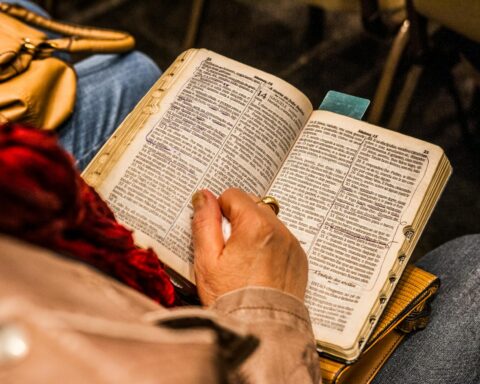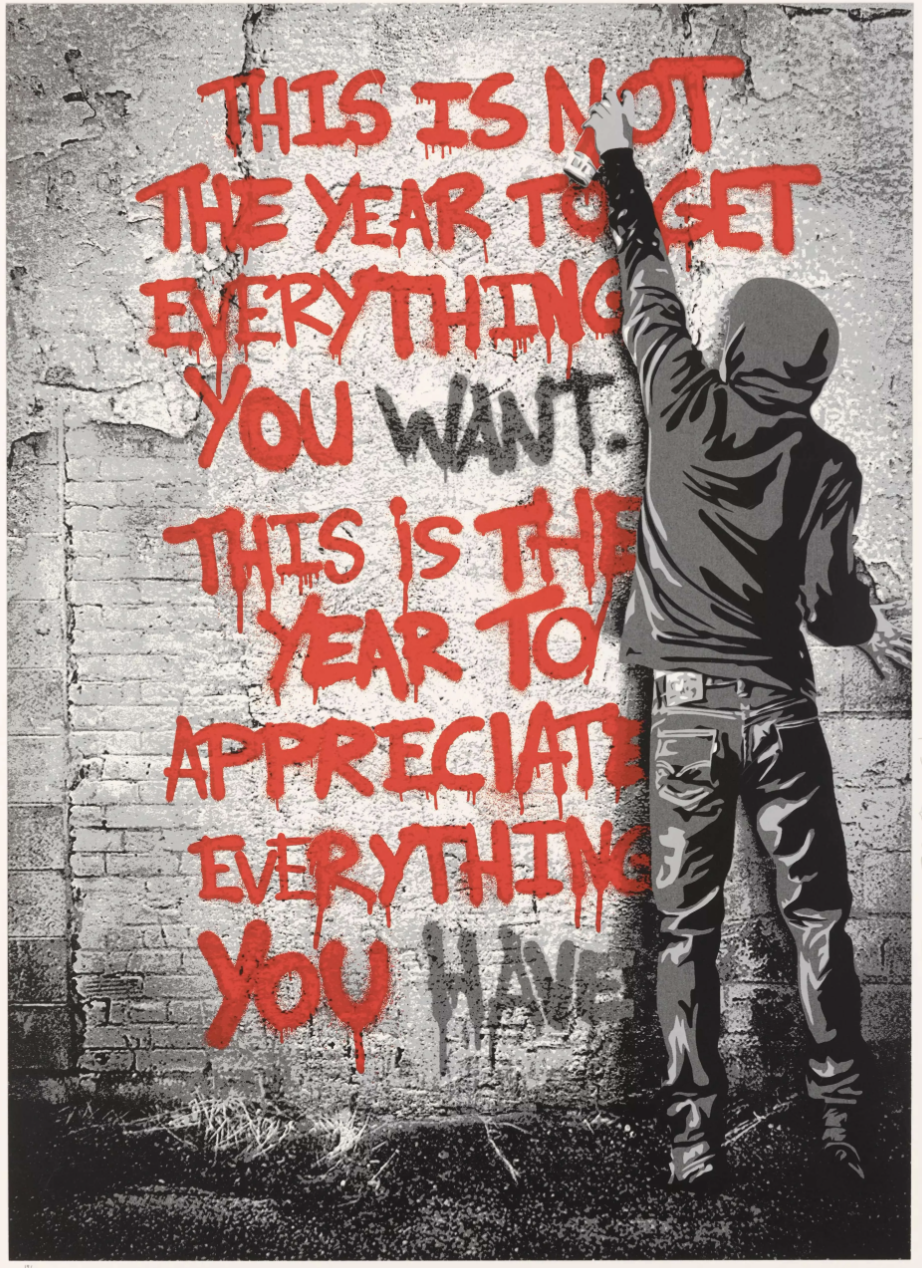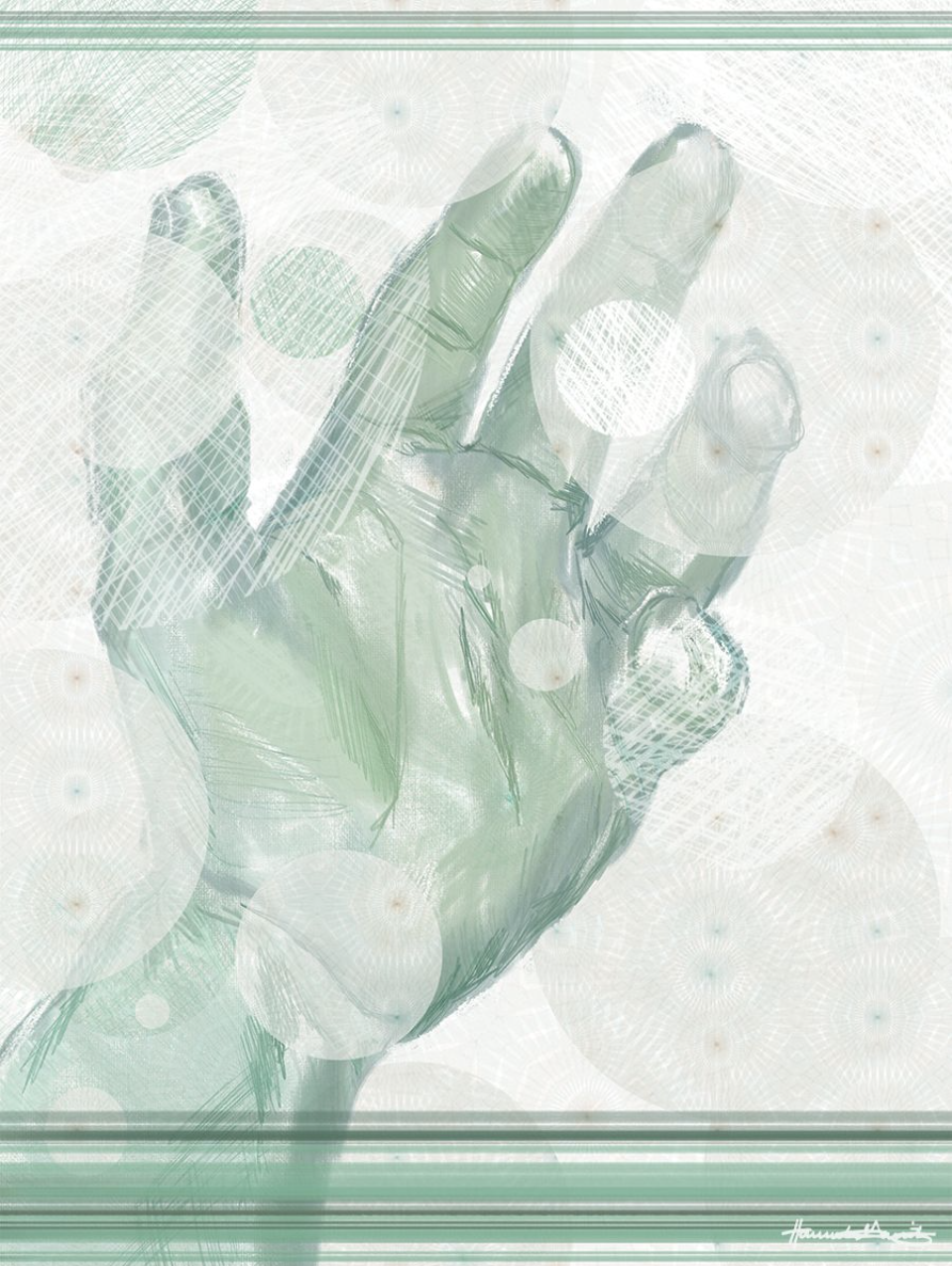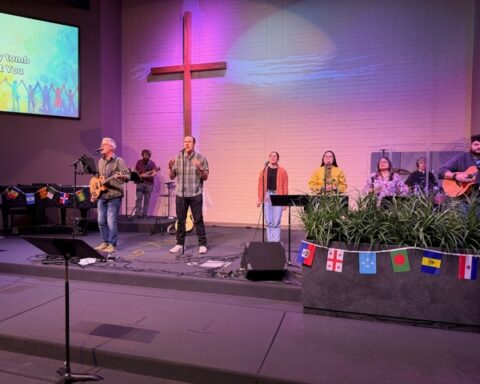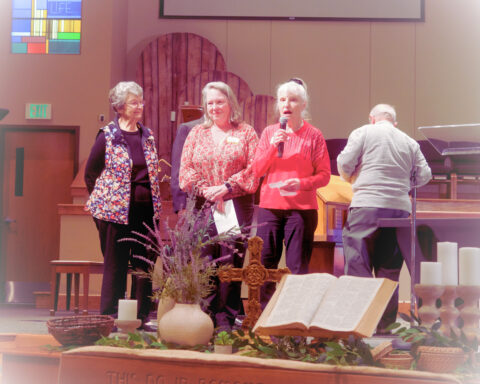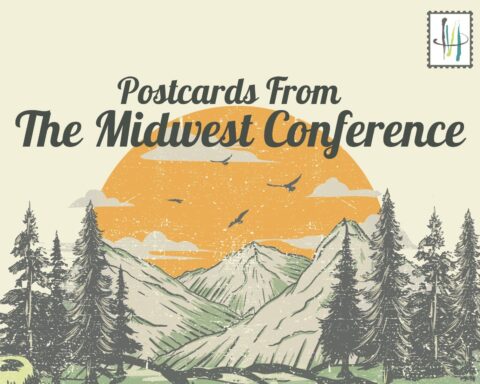Remembering God’s Faithfulness
We all have a money story, whether we recognize it or not. Perhaps we’re living from a story of fear or shame, a story that our actions won’t have an impact, or a story that we don’t have enough. As the economy becomes harder to navigate, money is becoming an ever-present stressor, with repercussions that cannot be ignored.
In 2014, an APA study revealed that 31% of adults cited money as a major source of conflict in their relationships. By 2023, that number had jumped to 73%. To borrow some words from Taylor Swift and alter their context, money has become the “monster on a hill,” slowly lurching towards our favorite cities. Pierced through the heart, maybe, yet never fully killed. We try to manage it, fight it off, but it’s still there – a nightmare that haunts us, our families, and our cities.
But as Christ followers committed to seeing people flourish in faith, relationships, vocation, health, and finances (find flourishing resources here), we believe that God is calling us to reclaim our money stories. We cannot live whole, healthy, Kingdom-story lives as long as we are held captive by the nightmares of money.
Exodus 16: A Story of God’s Provision
Scripture is full of stories that remind us of God’s provision, and we can find them in our own lives if we try. Let’s look at the story of the Israelites in Exodus 16, where we see a people moving from an economy of fear and deprivation to one of provision in the wilderness.
Just two months and fifteen days after God led the Israelites out of Egypt, they found themselves in the desert, grumbling against Moses and Aaron. “If only we had died by the Lord’s hand in Egypt,” they cried, “where we sat around pots of meat and ate all the food we wanted. But you have brought us out into this desert to starve this entire assembly to death.”
Yet, despite their grumbling, God provided for them. He sent quail in the evening and bread from heaven in the morning, teaching them the concept of “enough.” God guided the faith community into claiming a day of Sabbath, a practice that provided rest, and guarded against greed. This ancient story connects to the present day, revealing a narrative of provision and trust that we can apply to our own lives.
Worry, Shame, and the Invitation to Trust
The opening stanza of Kathleen Jessie Raine’s poem “Worry about Money” resonates with many of us: “Wearing worry about money like a hair shirt, I lie down in my bed and I wrestle with my angel. My bank manager could not sanction my continuance for another day, but life itself wakes me each morning and love urges me to give, although I have no money in the bank at this moment and ought properly to cease to exist in a world where poverty is a shameful and ridiculous offense.”
This poem links together ancient scripture, the rhythms of daily life, and the money narratives that can haunt us. When we think about our own stories, are we telling ourselves a story of provision or deprivation?
As Catherine Barsotti, fellow ECC pastor and professor at Fuller Theological Seminary and CHET once said, “It’s not everything, but it’s something, and for this I give thanks.” In those times when Manna/just enough feels exhausting, can we at least say, “It’s not everything, but it’s something, and for this we give thanks”?
Judas and the Invitation to the Table
One of the most, if not the most, famous guys from the Bible that we love to boo is Judas and his downfall involves finances. In Luke 22, we see the story of Judas’s betrayal of Jesus and the Last Supper. Judas, driven by fear and uncertainty, cuts a deal with the chief priests and temple guards to hand Jesus over. Yet, Jesus welcomes Judas to the Passover table, offering him a meal where brokenness just makes more to pass around.
Judas’s story reminds us that evil and fear can always threaten to dismantle our own stories. But Jesus doesn’t let Judas’s story end there. Instead, he invites him to the table, a table where scarcity and fear and conflict have a place, but where God’s greater story of redemption can be told. Our stories don’t have to end where they began. What has brought us shame can be rewritten into a story of God’s goodness.
Remembering, Releasing, and Restoring
The challenge is to remember God’s provision, to remember that we are always welcome at God’s table. Remember Israel’s covenant with God and that he is faithful. Remember the contrast between Pharaoh’s hoarding and God’s “enough.” Remember that we are called to move from an identity of burden to one of freedom. Remember that our money stories shape our relationship with God.
When we can’t remember, we need the support of our faith community to remind us. We help one another so that we can see God’s Kingdom come together. We may not have everything, but we have something, and for this we give thanks.


